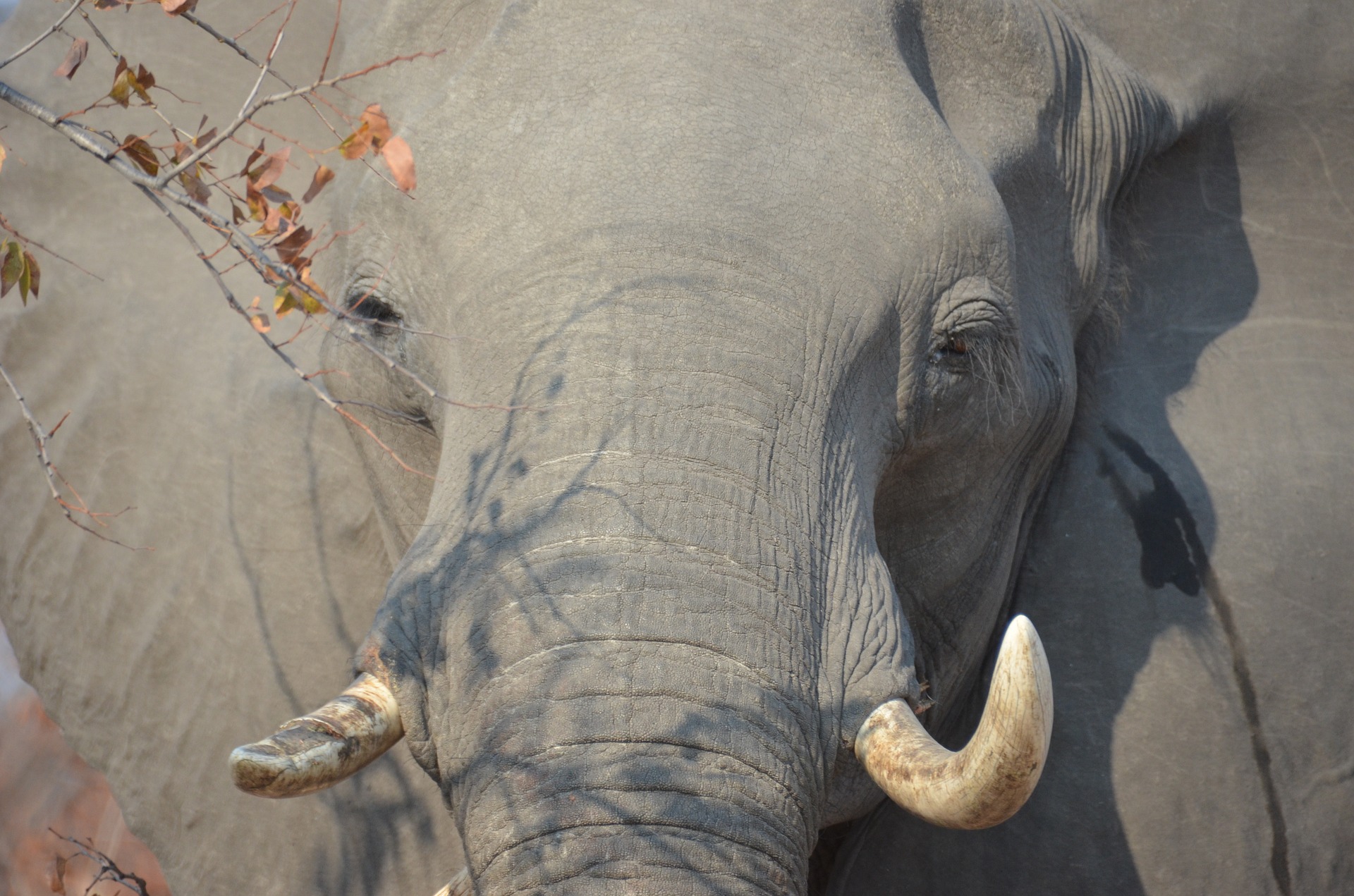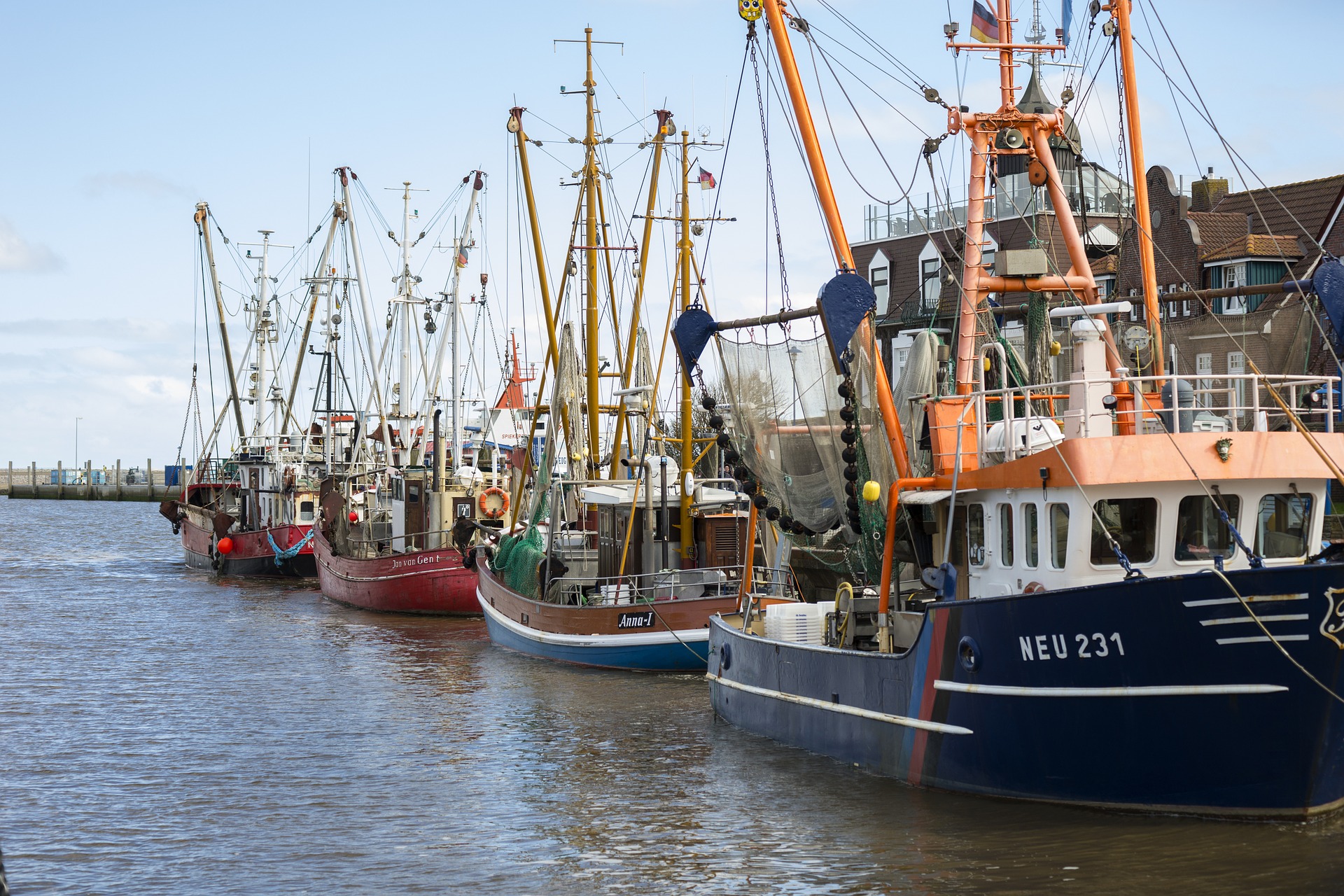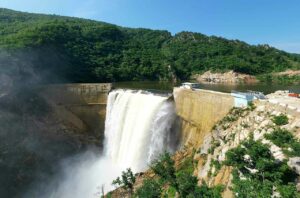Featured
 Canada accedes to the Port State Measures Agreement
Canada accedes to the Port State Measures Agreement
On Saturday, July 20, Canada became a party to the Port State Measures Agreement (PSMA), the first binding international treaty agreement created solely to combat illegal, unregulated, and underreported (IUU) fishing. The agreement seeks to keep illegally-caught seafood out of international markets, giving a State the authority to deny foreign fishing vessels access to their PSMA-designated ports if the vessel is engaged in IUU. As of now, there are 62 parties to the agreement plus the EU countries. Before Canada, Liberia was the most recent party to accede to the agreement in June. International agreements like PSMA are key to combatting illegal fishing throughout the globe and new research shows why: The world’s fisheries are deeply interconnected beyond any one nation’s Exclusive Economic Zone. The PSMA is just one of the international efforts making progress towards eliminating IUU fishing—a Sustainable Development Goal for 2020—this year: The seafood industry pledged to take measures to preserve fisheries and several regional fisheries management organizations have made important steps, like the fishing cap for saury declared at the North Pacific Fisheries Commission meeting this month. Yet challenges remain: overfishing and IUU fishing remain rampant throughout the world.
 Singapore Seizes 8.8 Tons of Elephant Ivory Originating in the DRC
Singapore Seizes 8.8 Tons of Elephant Ivory Originating in the DRC
Last week, Singapore seized nearly 9 tons of elephant ivory after a tip from the Chinese customs department. The haul also included scales from the pangolin, a scaly anteater known for being one of the most trafficked animals in the world and a delicacy in Vietnam and China. According to Singaporean authorities, this is the third major haul of pangolin scales in 2019. Singapore is becoming more recognized as a hub for the illegal wildlife trafficking because of its global connectivity and proximity to key destinations for many illicit products. As a signatory to the Convention on International Trade in Endangered Species of Wild Fauna and Flora (CITES), the city-state is responsible for enforcing and preventing illegal wildlife trafficking. For a broader understanding of the widespread trade, the Routes Dashboard, a project by C4ADS and USAID, illuminates some of the other common global routes trafficked wildlife and wildlife products flow through. In Singapore, the ivory haul reportedly had originated in the Democratic Republic of the Congo and was destined for Vietnam.
 Argentine Fishing Industry Leaders Resist Sharing Patagonia Port Facilities with Chinese Distant Water Fishing Fleets
Argentine Fishing Industry Leaders Resist Sharing Patagonia Port Facilities with Chinese Distant Water Fishing Fleets
Chinese distant water fishing (DWF) fleets are making waves in Patagonia. Argentinian industry leaders are seeking to prevent Chinese boats from having access to commercial port facilities, according to an article in an Argentinian fishing industry publication. In a letter to the Argentinian President Macri, industry leaders accused Chinese fleets of IUU fishing and argued that allowing Chinese fleets to use port facilities would validate their presence in Argentinian waters. This is not the first time a Chinese fishing fleet presence in Argentinian waters has provoked controversy: Earlier this year, a ship belonging to the Argentinian coast guard shot at a Chinese fishing vessel, claiming it was illegally fishing in Argentina’s exclusive economic zone. The Stimson Environmental Security team is researching some of the implications of these distant water fishing fleets globally.
In Case You Missed It
Stimson Center and the Ocean Policy Research Institute of Sasakawa Peace Foundation partner to expand CORVI index to the Asia Pacific
On July 10-11, the Environmental Security Program at the Stimson Center hosted a workshop with the Ocean Policy Research Institute from the Sasakawa Peace Foundation (SPF). During the workshop, our team shared methodologies in order to achieve the shared goal of applying the Climate and Ocean Risk Vulnerability Index (CORVI), currently being developed by the Stimson Center, to SPF’s work in the Asia Pacific region.
Environmental Security Program Welcomes Jack Stuart as a Research Associate
Our program welcomes Jack Stuart to the team as our new Research Associate. His research focuses on the impact of climate change on coastal urban centers and its implications for local, regional, and international security. He holds a BS from the University of Exeter and is completing an MA in Security Policy Studies from the Elliott School of International Affairs, where he specialized in environmental security and conflict resolution. Welcome to the team, Jack!
Seafood Plays a Big Role in the UN and World Resources Institute’s Vision for a Sustainable Food Future
By the year 2050, population growth and climate change will put pressure on the global food system like never before, according to a new World Resources Institute report on creating a sustainable food future. In the report, seafood plays an important role as a key source of protein for much of the developing world. Seafood is critical for food security, yet around the world it is increasingly under threat: A recent article in China Dialogue documented how South Pacific islanders’ livelihoods are becoming increasingly unstable as overfishing threatens the food security of communities.
UN Lawyers Approve Principles to Reduce Environmental Impact of War
The UN’s International Legal Commission endorsed 28 principles to protect the environment during armed conflicts. These principles address environmental security issues like human displacement, corporate conduct, and natural resource exploitation. According to one principle, if environmental damage is caused by an intentionally wrongful act, it can be compensated. This is an important step for international legal frameworks to recognize the link between environmental destruction during war and threats to human security.
Climate Change Will Turn Up the Heat on the Federal Budget, According to the U.S. Governmental Accountability Office
The United States Government Accountability Office has released a new report on the cost of disaster assistance, pointing to the expensive impact climate change will have over time on everything from infrastructure to agriculture. Since 2005, the report says, the cost of disaster assistance has expanded to $500 billion. As disasters become more frequent—with climate change as a driving factor—government agencies will be put under pressure to respond by protecting people at risk, cleaning up damage, rebuilding infrastructure, and supporting public health. Over the next few decades, it is likely the increasing cost of climate change will threaten economic security.



